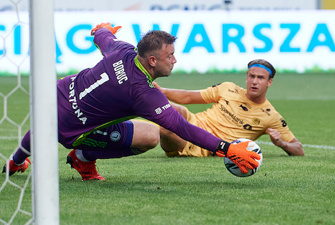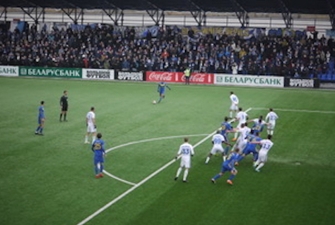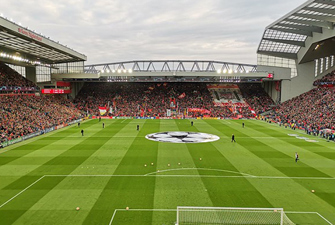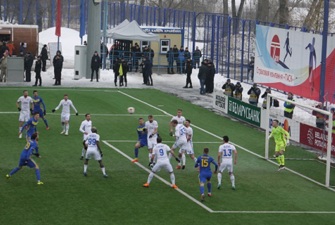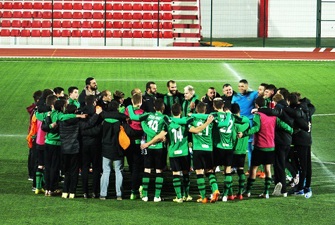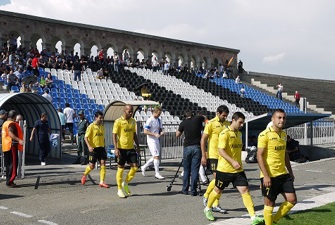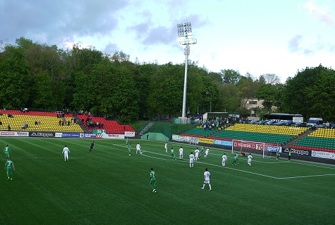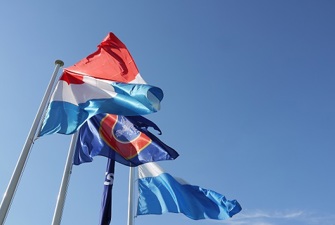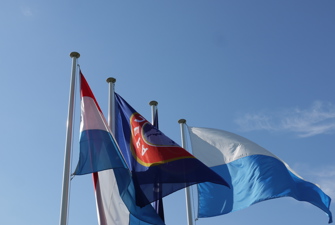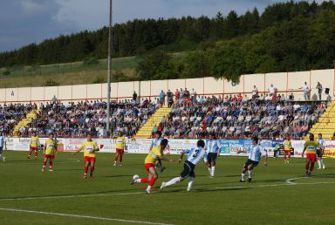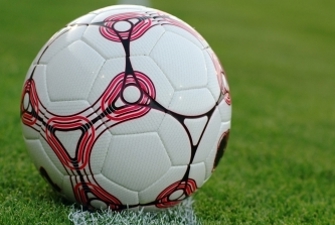Repetition increased in 2014/2015 Champions League
The number of new clubs taking part in the Champions League for the first time has more than halved over the last two years according to Play the Game's annual Diversity Index.
Two years ago, 11 clubs were set to take part in the Champions League competition for the first time. The number of debutants dropped to nine in 2013/14 and has now dwindled to just five in the draw for the 2014/15 competition, which was made on June 23.
The increasing repetition in the competition is evident. In 20 of UEFA’s members, the same clubs are taking part in 2014/15 as did in 2013/14.
This season’s competition starts in the first week of July and will feature a side from Gibraltar for the first time after the British Overseas Territory was admitted membership to UEFA in 2013. Lincoln Red Imps won Gibraltar’s Premier League last year and enter in the first qualifying round. Regardless of how long the Red Imps last, their inclusion has the potential to dramatically alter the financial landscape of Gibraltarian football. The game there remains amateur but Red Imps will get more than €300,000 from UEFA simply for taking part.
The diversity Index
The index works by tracking the number of clubs to have taken part in in Europe’s premier club competition since 1994/95, when the tournament began to evolve into the Champions League through the introduction of group stages.
A year ago, the Ukraine was the least diverse UEFA member in terms of different clubs taking part in the Champions League. This coming season Dnipro Dnipropetrovsk will become only the fourth Ukrainian club to take part in the competition.
Both Greece and the Ukraine have been represented by just four clubs in the Champions League since 1994/95, but Greece has been offered more places and tops the index as the least diverse country.
Gibraltar is not included in the latest index as no comparisons can be drawn. Excluding Red Imps, the other clubs to join Dnipro Dnipropetrovsk in making their Champions League debut in 2014/15 include Norwegian side Stromgodset and Banants, the Yerevan-based side which was only formed in 1992 and won the Armenian First League last season for the first time in 2013/14.
Qarabag, the club driven out of the Azerbaijan city of Agdam two decades ago by the war with Armenia over Nagorno-Karabakh, will also appear for a first time. Qarabag subsequently settled in Baku and in 2013/14 won the club’s Azerbaijan Premier League title.
Clubs from San Marino only began entering the Champions League qualifiers in 2007/08. Last season, Montegiardino-based La Fiorita won their first Sammarinese title since 1989/90 and also make their Champions League bow.
FFP has not improved diversity so far
The introduction of the new Financial Fair Play (FFP) regulations has impacted on the 2014/15 Champions League, but has, at least so far, not improved the diversity of clubs entering.
Partizan Belgrade appear as Serbia’s sole representative for a seventh consecutive season, but only because the champions of the Serbian SuperLiga, Red Star Belgrade, are suspended for breaching FFP rules.
Turkish side Besiktas also benefit from a suspension, though not related to FFP. Fenerbahçe would have been given a place in the group stages after winning the Turkish Süper Lig in 2013/14, but are banned as a result of a 2011 corruption scandal. So runners-up Galatasaray and third-placed Besiktas take the two Turkish places in the 2014/15 Champions League.
The next tournament, which culminates in Berlin next April, sees the continuation of a number of long-running domestic hegemonies that have, in many cases, been aided by UEFA prize money from playing at various stages of the Champions League over the years.
Maribor have been Slovenia’s only representative for four seasons. In Finland, HJK Helsinki are the only Finnish representative for a fifth season in a row, while Dinamo Zagreb have been the only Croatian Champions League representative since 2006/07.
The following season, BATE Borisov took part as the champions of Belarus and went on to progress to the lucrative group stages in 2008/09, 2011/12 and 2012/13. That money has helped BATE Borisov dominate Belarussian football and the club return to the Champions League qualifiers again in 2014 for the eighth season in a row as the only team from Belarus.
Sheriff Tiraspol have been Moldova’s only representative in all but one season since 2001/02. After a season’s absence, F91 Dudelange return to a competition, where the club has been the only team from Luxembourg to take part in 11 of the last 15 seasons.
With UEFA’s financial rewards for the Champions League and Europa Leagues expected to rise again in 2014/15, the number of new clubs entering looks set to continue to dwindle.

